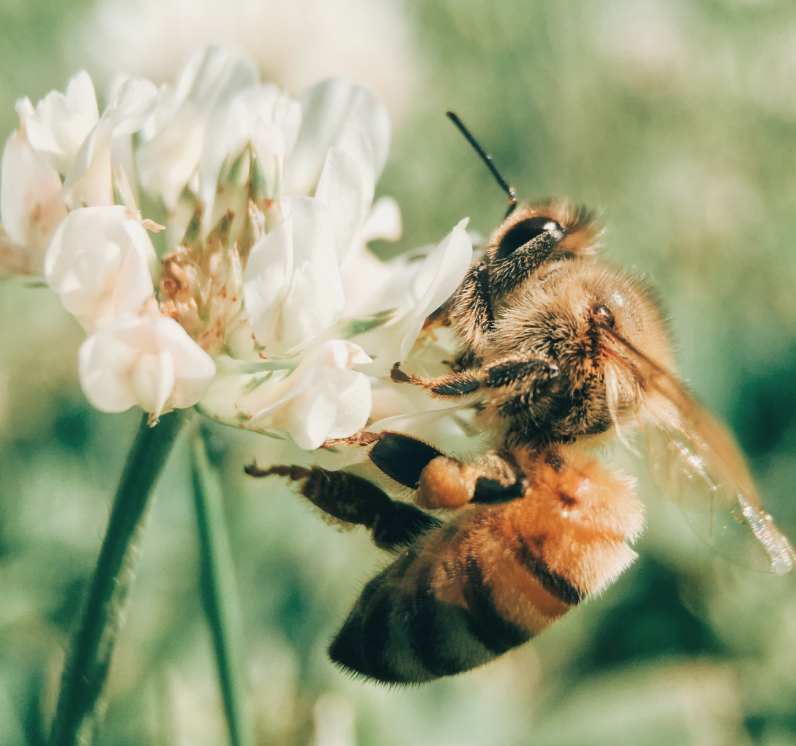Does Homeowners Insurance Cover Bee Removal?
Bee infestations can quickly turn from a nuisance to a nightmare for homeowners, leading to questions about insurance coverage and the cost of removal. Let’s delve into some common queries surrounding bee removal and homeowners insurance to provide clarity on this buzzing topic.

Navigating Bee Removal and Homeowners Insurance
One of the first questions homeowners may ask when facing a bee infestation is whether their insurance will cover the cost of bee removal. Unfortunately, standard homeowners insurance policies typically do not cover insect invasions, including bee infestations. While homeowners insurance covers damage from catastrophic events like fires, tornadoes, and hurricanes, it does not extend to insect-related damage.
Does Homeowners Insurance Cover Damage from Bees?
Similarly, homeowners insurance typically does not cover damage caused by bees or other insects. Bee-related damage, such as honeycombs, honey, and structural damage from nesting, is considered an exclusion under most homeowners insurance policies. This means that homeowners are responsible for addressing and covering the costs of repairing any damage caused by bees.
Why Is Bee Removal So Expensive?
The cost of bee removal can vary depending on factors such as the size and location of the infestation, the species of bees involved, and the method of removal used. Professional bee removal services often involve specialized equipment and expertise to safely and effectively remove bees without causing harm to the property or occupants. Additionally, the complexity of the removal process and any necessary repairs can contribute to the overall expense of bee removal.
Does Homeowners Insurance Cover Bee Hives?
As with bee removal and damage from bees, homeowners insurance typically does not cover the cost of removing or addressing bee hives on the property. Bee hives are considered part of an insect invasion, which is excluded from coverage under most homeowners insurance policies. Homeowners are responsible for addressing bee hives and taking necessary measures to remove them safely and prevent further infestations.

Does Homeowners Insurance Cover Insects in General?
In general, homeowners insurance does not cover damage caused by insects, including bees, termites, bedbugs, bats, and squirrels. Damage from insect infestations is typically considered an exclusion under homeowners insurance policies. Homeowners are responsible for maintaining their property and addressing any issues related to pest control and prevention.
Understanding Coverage Limitations
It’s essential for homeowners to understand the limitations of their homeowners insurance coverage when it comes to insect infestations. While insurance may cover damage from catastrophic events, such as fires or storms, it does not extend to damage caused by insects or other pests. Homeowners should take proactive measures to prevent and address insect infestations to protect their property and avoid costly repairs.
In conclusion, homeowners insurance typically does not cover bee removal, damage from bees, or the presence of bee hives on the property. Bee infestations, along with damage from other insects and pests, are considered exclusions under most homeowners insurance policies. Homeowners should be proactive in addressing insect infestations and exploring alternative options for pest control and removal. By understanding insurance coverage limitations and taking preventive measures, homeowners can protect their property and avoid unexpected expenses related to insect infestations.
